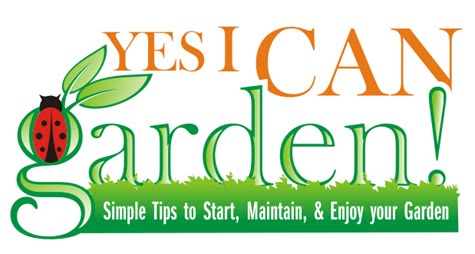
Probably the best advice for starting a herb garden is to begin by growing the herbs you use and enjoy on a regular basis. I will begin with a few of our favourites, although surely you will have your own ideas for standard as well as less well known herbs you would like to try growing at home. Over the next few days, I will share a dozen or so of our favourites—herbs that have become staples in our garden and that we regularly plant in containers to place on the porch or indoors, as close to the kitchen as possible.
Chives
This perennial herb is very popular, since chives are easy to grow and not too fussy about soil conditions. We had a few clusters in a garden plot we once started but didn’t have time for—year after year, the chives persisted, despite our lack of attention. Chives are quite flavourful, and often you will find kids chewing on them as they wander about the yard or take part in various garden tasks. Chives can be used fresh in salads or on baked potato, or cut up and used much like spring onions would be used, in a wide variety of dishes.
Rosemary
Chefs know the incredible difference fresh (versus dried) rosemary makes to the success of a dish. Rosemary tastes great with meats, in vegetarian dishes, and even in breads or in offbeat combinations, such as with lavender or citrus fruits. It is easiest to get your rosemary plants in seedling form from a nursery. You might also ask a friend or neighbour for a cutting from their plant. Be careful when you water your rosemary plants, since you will need an even hand so that the plants develop as they should.
Thyme
Thyme is another standard in the herb garden—one my mother always had on hand. It is also a perennial, and hardy, which makes it a mainstay. Plant thyme in full sun, or make sure the spot where it is growing indoors is in full sun—and you should have nothing to worry about (and some delicious flavours to add to main meals very soon!).
Basil
Although basil is an annual, it is well worth while keeping some on hand--we even keep a potted basil plant in the kitchen, during the winter. These days, many supermarkets offer basil plants for sale. We have found that basil is a little more particular about its conditions. It needs lots of sun, and rich soil, and you should leave some time between waterings, so that the roots do not get waterlogged. On the other hand, we have also left our basil plants unattended for too long—and had no luck bringing them back to a state of good health. I have included basil in the list since it is one of our absolute favourite flavours, whether used for pasta, Thai dishes or dishes inspired by other international cuisines.

No comments:
Post a Comment